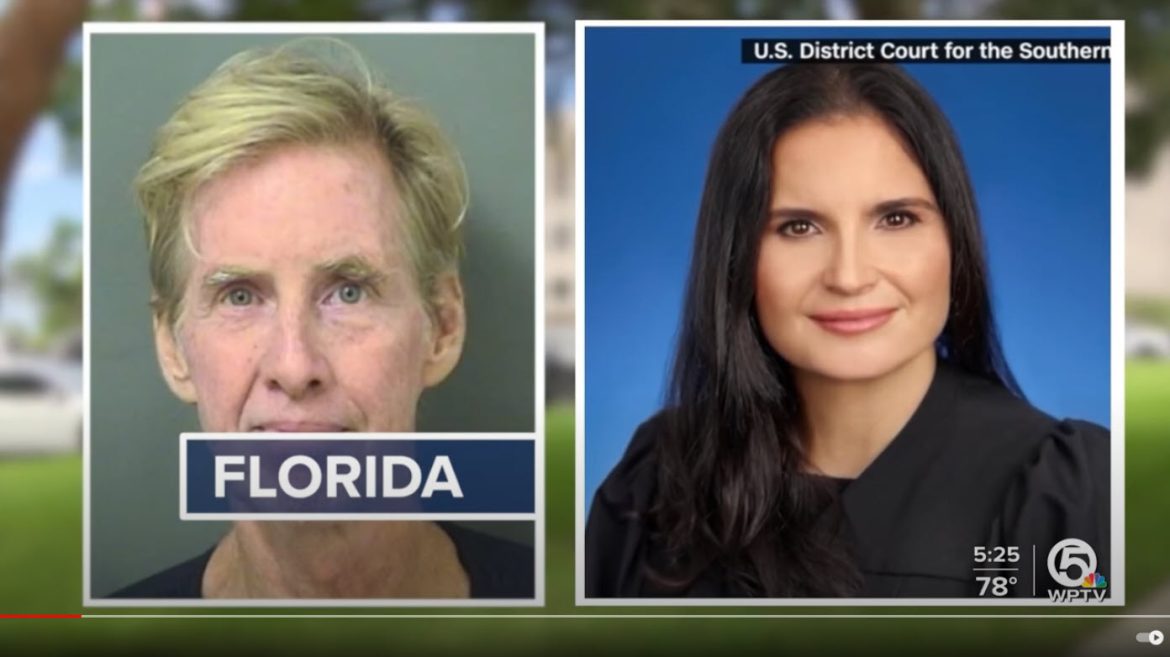Federal Judge Aileen Cannon is facing growing pressure to recuse herself from overseeing a high-profile case involving an assassination attempt against former President Donald Trump. Legal experts, including former federal prosecutor David Weinstein, have raised concerns about a potential conflict of interest, as Cannon was appointed to the bench by Trump during his presidency and has been publicly praised by him for her rulings in his classified documents case.
Cannon is currently presiding over the trial of Ryan Routh, who stands accused of attempting to assassinate Trump at his Florida golf course. The defense team representing Routh has filed a motion arguing that Judge Cannon’s past ties to Trump and his public support for her decisions could compromise her impartiality in the case.
Weinstein, a former Miami federal prosecutor, suggested that most judges in Cannon’s position would step aside to avoid any appearance of bias. “She must decide whether her previous association with the former president creates a conflict of interest that prevents her from being impartial,” Weinstein said in an interview. He noted that while the decision is ultimately Cannon’s to make, the optics of the situation are concerning, particularly in such a sensitive and politically charged case.
Weinstein believes that Cannon will weigh the factors carefully but added that recusal might be the best course of action to preserve public confidence in the fairness of the proceedings. “Even if there’s no actual bias, the appearance of partiality is something that needs to be avoided in this instance,” he emphasized.
So far, Judge Cannon has not indicated whether she plans to recuse herself, and legal observers are closely watching to see how she handles the matter. The case has already drawn national attention, not only due to the assassination attempt but also because of Trump’s complicated legal history and Cannon’s previous involvement in his classified documents case.
As the legal debate over Cannon’s involvement unfolds, the broader implications for the trial and the perception of impartiality in the judiciary remain significant.



